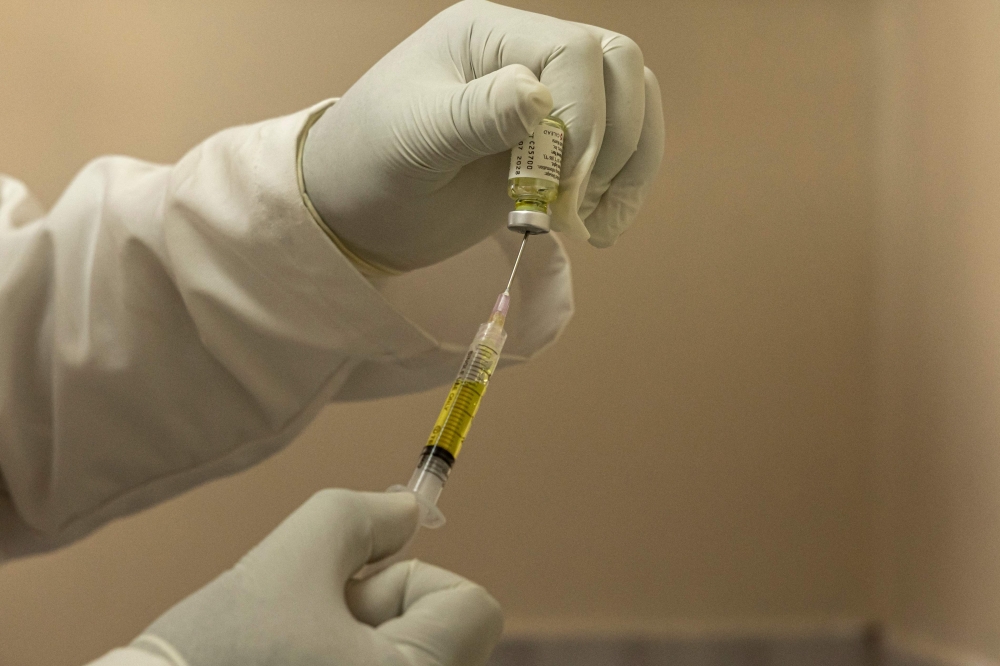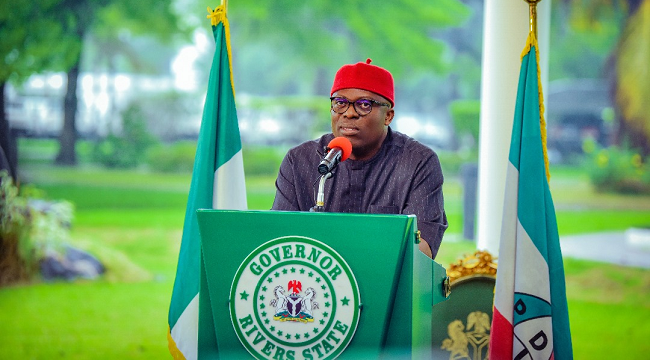Business
Nigeria’s economy grows by 3.13% in Q1 2025 amid rebasing
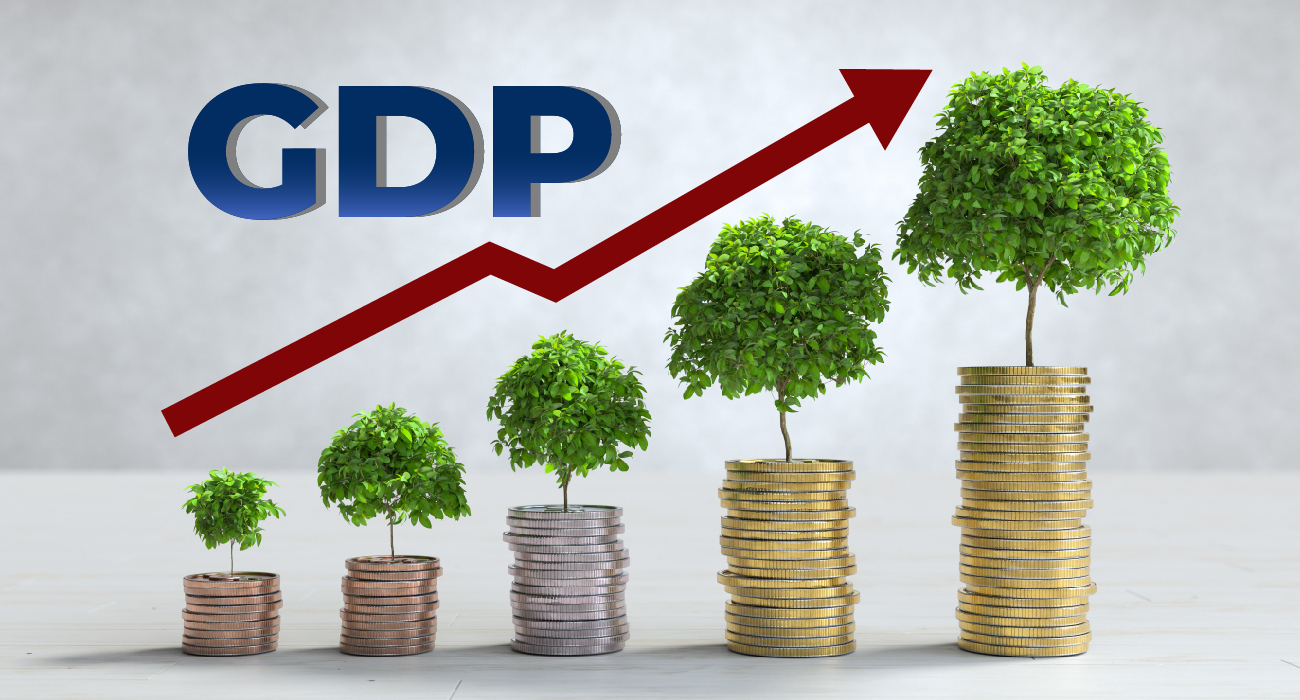
Nigeria’s Gross Domestic Product (GDP) expanded by 3.13% year-on-year in real terms in the first quarter of 2025, according to the latest data released by the National Bureau of Statistics (NBS) on Monday.
The figure represents a marked improvement over the 2.27% growth recorded in Q1 2024.
The NBS attributed the improved performance to strong activity in the services and industry sectors. “Gross Domestic Product (GDP) grew by 3.13 per cent (year-on-year) in real terms in the first quarter of 2025. This growth rate is higher than the 2.27 per cent recorded in the first quarter of 2024,” the report stated.
In a related development, Nigeria’s GDP has now been rebased to ₦205 trillion using 2019 as the new base year, replacing the previous 2010 benchmark. The Statistician General of the Federation, Adeyemi Adeniran, announced the updated figures, highlighting a 41.7% increase in the GDP estimate compared to the last rebasing exercise in 2014.
Adeniran said the revised GDP at current prices stood at ₦372.8 trillion (approximately $243 billion) in 2024. The top-performing sectors in the new rebased structure include crop production, trade, real estate, telecommunications, and oil and gas.
He further explained, “In nominal terms, Nigeria’s economy was estimated at ₦205.09 trillion in 2019, a 41.1% rise from the old base year value. This is in contrast to the 59.5% increase seen after the 2014 rebasing.”
Subsequent GDP figures under the rebased framework show output rising consistently: ₦213.64 trillion in 2020, ₦243.30 trillion in 2021, ₦274.23 trillion in 2022, ₦314.02 trillion in 2023, and ₦372.82 trillion in 2024.
Real GDP growth saw a -6.96% contraction in 2020 due to pandemic-related challenges, rebounding to 0.95% in 2021, and improving further to 4.32% and 3.04% in 2022 and 2023 respectively. The economy posted a 3.38% real growth rate in 2024.
Ranking sectors by contribution to GDP, crop production led with 17.58%, followed by trade (17.42%), real estate (10.78%), telecommunications (6.78%), and crude oil and natural gas (5.85%). The rebased data shows real estate overtaking crude oil and gas due to better coverage of informal sector activities.
Adeniran noted that services remained the largest sector by classification, accounting for 53.09% of GDP in 2019, followed by agriculture (25.83%) and industries (21.08%).
He also revealed that the informal sector’s share of the economy had grown significantly. “The share of informal sector contribution to GDP in 2019 was estimated at ₦86.85 trillion or 42.5%, compared to ₦39.00 trillion recorded in 2015.”
-

 Feature2 days ago
Feature2 days agoBiography of Tunji Disu, the newly appointed Inspector-General of Police
-

 NUJ FCT2 days ago
NUJ FCT2 days agoBREAKING: FCTA Health Mandate Secretary offers 150 free insurance slots to NUJ FCT members
-

 News1 day ago
News1 day agoDSS arrests suspected ISWAP Commander linked to Owo Church massacre
-

 National News2 days ago
National News2 days agoTinubu accepts Egbetokun’s resignation, appoints Disu acting IGP
-
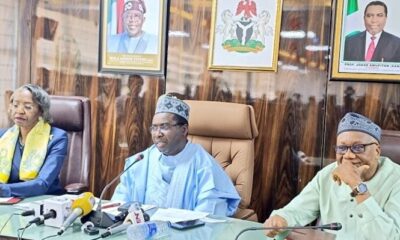
 News1 day ago
News1 day agoFCT Poll: INEC explains disputed result at Kwali voting centre
-

 News24 hours ago
News24 hours agoActing IGP Tunji Disu arrives at Presidential Villa for official decoration
-
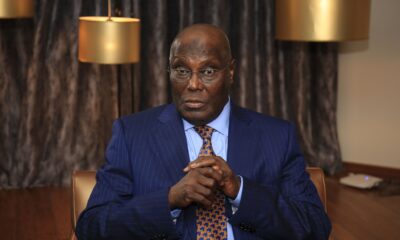
 News1 day ago
News1 day agoAtiku condemns attack on Obi, Oyegun, others, warns against political violence
-

 News2 days ago
News2 days agoObi escapes attack as gunmen target ADC leaders in Edo


